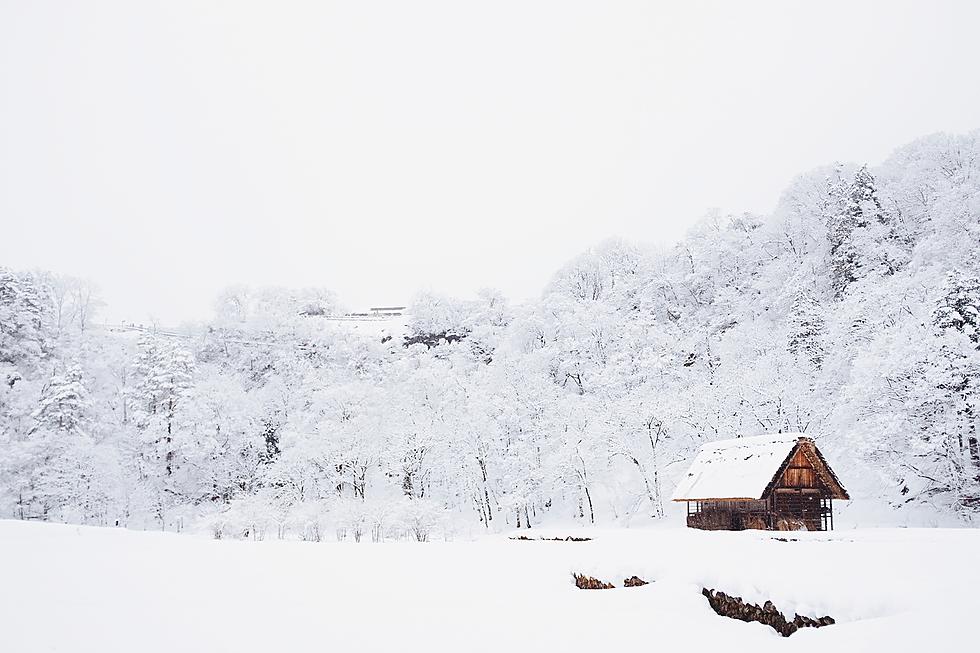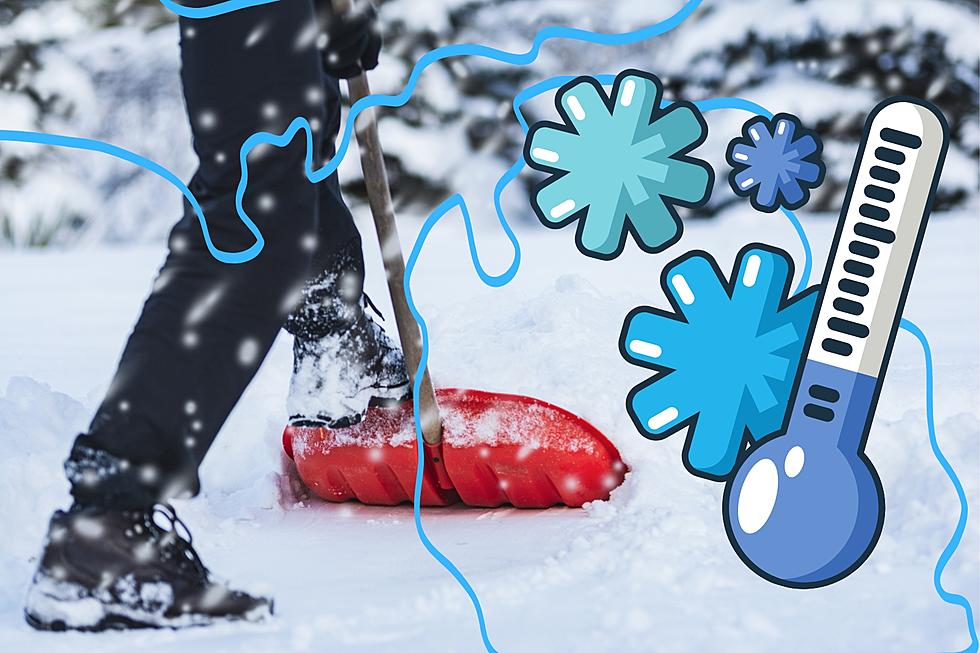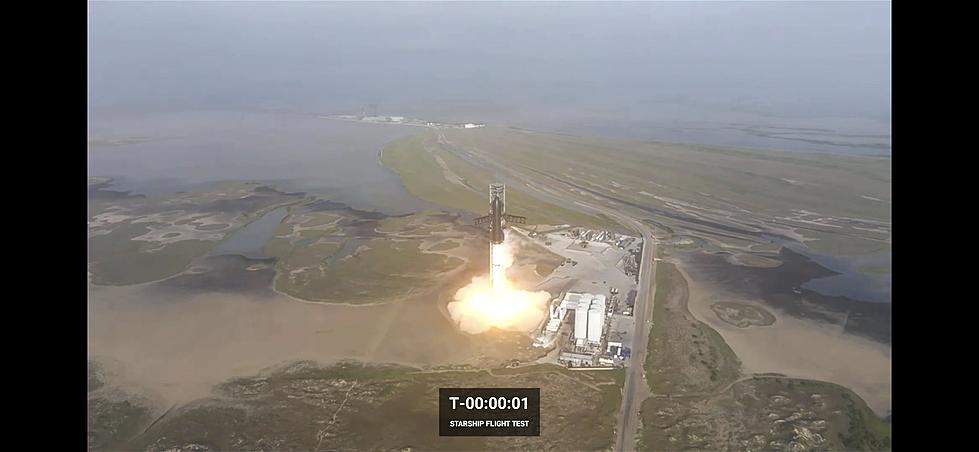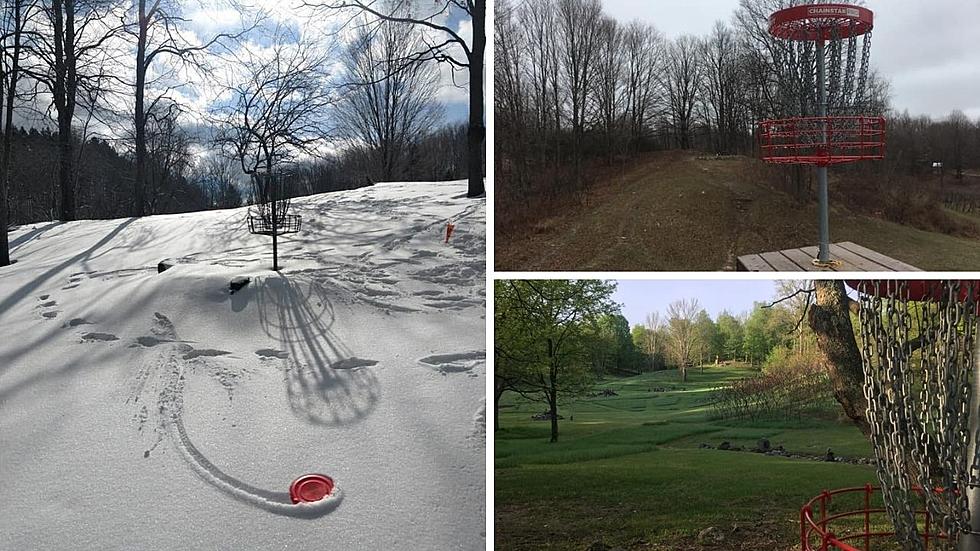
Michigan Polar Vortex Forecast: Winter is on Its Way Out
Last year when spring hit, it was a warming trend and an early spring, and we loved it. This year is also looking good so far. Over the next two weeks we will see weakening of the Polar Vortex, which usually brings us final warming and the exit of the Polar Vortex until the next winter season.
But it’s not gone yet, MLive reports,
Judah Cohen, Climatologist at AER, A Verisk Business, has studied the Polar Vortex and long-range forecast for over 20 years. He says the Polar Vortex is ‘heading for the exits.’ Cohen cautions though that he sees one Polar Vortex condition that could bring one last bout of colder than normal temperatures. Cohen calls this condition a ‘stretching of the Polar Vortex.’ The stretching is slightly indicated by computer modeling to occur over the next two weeks. When Polar Vortex stretching occurs, Cohen says cold air can move from Siberia across the North Pole and into eastern Canada.
The strong polar vortex is now getting weak, and should weaken even more by April 1st. While it’s still stronger than normal right now, we expect to see it weakened over the next couple weeks and gone sometime in early April. Cohen says winter is on the way out, but stretching is still possible, so he can’t say it's completely over.

For those of us who are ready for winter to be done, the signs are pointing to it. You could still get disappointed with another blast of winter, but the good news is it won’t be a long one.
LOOK: The most expensive weather and climate disasters in recent decades
KEEP READING: Get answers to 51 of the most frequently asked weather questions...
UP NEXT: 12 Things Michiganders Need to Make it Through the Winter
More From 100.7 WITL









